Psoriasis: Types, Symptoms, Causes and Treatment
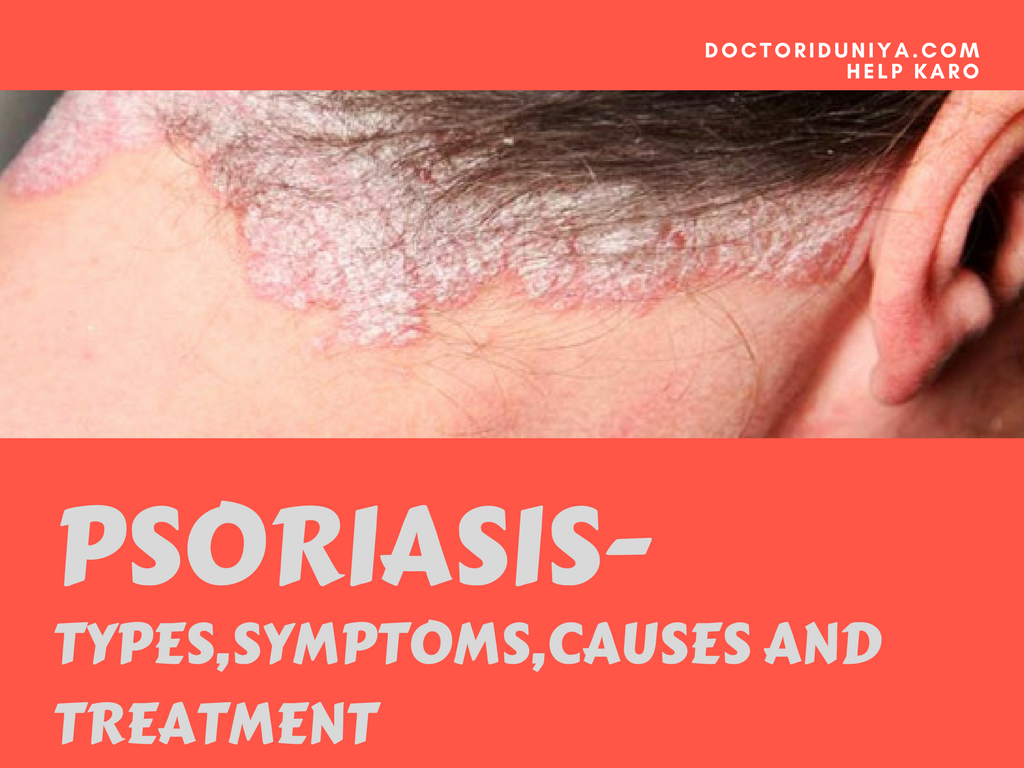
Psoriasis is a chronic condition in which skin cells grow rapidly. These cells create whitish silver scaling with red patches on the skin. Sometimes these patches crack and bleed.
Psoriasis is a result of the speedy build-up of skin production process. During the skin production, skin cells rapidly grow deep in the skin and rise towards the surface. The typical life span of a skin cell is one month then they fall off.
There are 5 types of psoriasis and their symptoms include:
Plaque psoriasis: This is one of the most common types of psoriasis. It causes inflammatory red patches on the skin. These patches are considered as multiple layers of plaques. These patches are mostly found on the elbows, knees, and scalp.
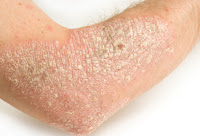
Guttate psoriasis: Guttate psoriasis is mainly found in children. It causes tiny pink spots. These patches are commonly found on abdomen, arms, and legs. These spots are generally thick.
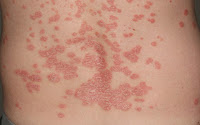
Pustular psoriasis: Pustular psoriasis mainly grasps adults. It causes small white, pus-filled blisters and inflammatory patches and rashes. Pustular psoriasis is commonly found on hands or feet and can be widespread.
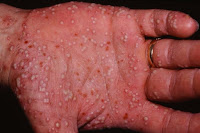
Inverse psoriasis: Inverse psoriasis produces inflammatory and shiny red patches on the skin. Patches of inverse psoriasis are commonly found under armpits or breasts.
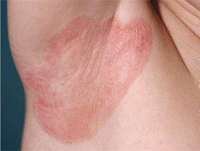
Erythrodermic psoriasis: Erythrodermic psoriasis often covers a large area of the body and it is generally rare. The skin appears sunburned and the person becomes very ill.
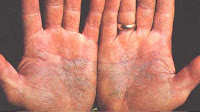
SYMPTOMS-
Skin Rashes
Skin Dryness
Blisters
Inflammatory Skin
Skin thickness
Skin Crispiness
Cracked Skin
Itching
CAUSES-
Genetic
Depression
Stress
Injury to skin
Bad sunburn
Cold weather
Infection
Certain medication
Strep throat(bacterial infection in throat)
Is Psoriasis Contagious?
It is an autoimmune system. It is never contagious, you do not get it by touching someone.
Comments
Post a Comment